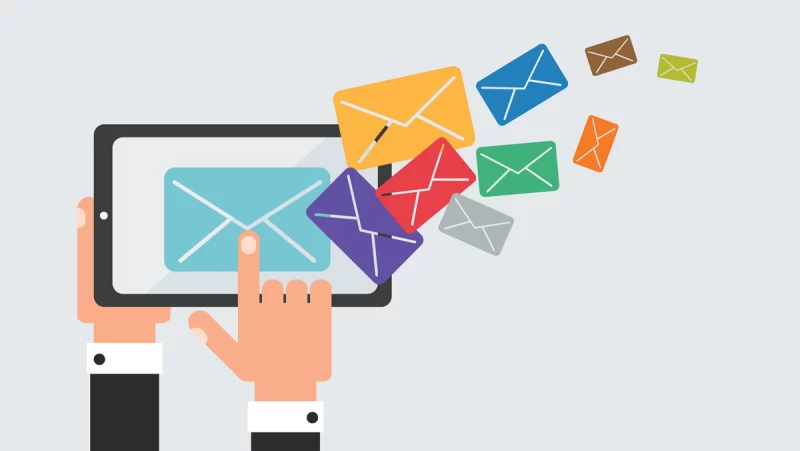
10 Emails That Do Not Require a Phone Number
Introduction
In today’s digital age, emails have become an essential means of communication. They offer a quick, convenient, and reliable way to exchange messages, whether for personal or business purposes. While most email providers require users to provide their phone numbers during the sign-up process, there are instances where you might prefer to keep your phone number private. In this article, we will explore ten types of emails that do not require a phone number, providing you with more control over your privacy and ensuring a seamless emailing experience.
Personal Emails
Personal emails, sent to friends, family members, or acquaintances, usually do not necessitate the inclusion of a phone number. These casual and informal exchanges allow you to connect with your loved ones without sharing sensitive personal information.
General Inquiries
When making general inquiries to businesses, organizations, or customer support, you might not be required to provide a phone number. Emailing your questions or concerns can be an efficient way to get the information you need without divulging your phone number.
Newsletter Subscriptions
Signing up for newsletters from your favorite websites or blogs typically does not demand a phone number. Subscribing to newsletters ensures that you receive updates, promotions, and valuable content straight to your inbox.
Job Applications
When applying for jobs online, you might not be obligated to disclose your phone number in the initial stages. Emailing your resume and cover letter allows potential employers to review your qualifications without direct contact.
Online Purchases
While some online retailers may request a phone number for order confirmations, many allow you to complete a purchase without this information. Using your email for purchase transactions can safeguard your privacy.
Event Invitations
Invitations to social events, gatherings, or webinars can be sent via email without the need for a phone number. This method simplifies the RSVP process and makes it easier for the host to manage responses.
Feedback and Suggestions
Providing feedback or suggestions to companies, websites, or service providers can be done via email, and phone numbers are not always mandatory for such communications.
Digital Downloads
When downloading digital content such as e-books, whitepapers, or software, email addresses are often sufficient for delivery. You can enjoy the content without sharing your phone number.
Subscription Confirmations
When subscribing to various online platforms or services, the confirmation emails usually do not require a phone number.
Online Surveys
Participating in online surveys and questionnaires is another situation where a phone number might not be necessary. Emailing your responses can keep your personal contact details confidential.
Conclusion
In conclusion, emails provide an array of opportunities to communicate and interact with others without necessarily revealing your phone number. From personal exchanges to professional inquiries, the digital world accommodates privacy preferences without compromising on efficiency. The versatility and convenience of email make it an indispensable tool for modern communication.
FAQs
- Can I create an email account without a phone number?
Yes, many email service providers offer the option to sign up without providing a phone number.
- Is it safe to send personal information via email without a phone number?
While email communication can be secure, it’s essential to use encryption and avoid sharing highly sensitive information via email.
- Are there any drawbacks to using email without a phone number?
The main drawback is potentially limited account recovery options. Having a phone number can help with verification and account access.
- Can I still receive important notifications without a phone number linked to my email?
Yes, most crucial notifications and updates can be received via email without a phone number.
- How can I protect my email account’s security and privacy?
Use strong passwords, enable two-factor authentication, and avoid clicking on suspicious links or sharing personal information with unknown contacts.






